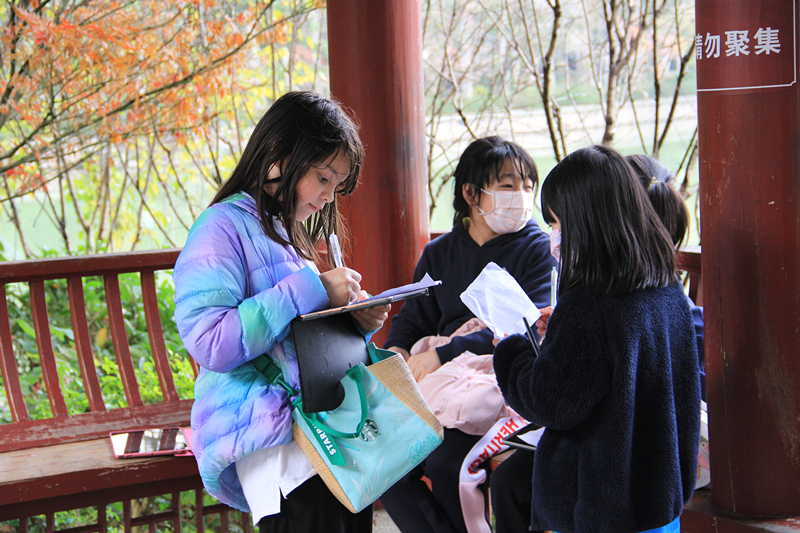
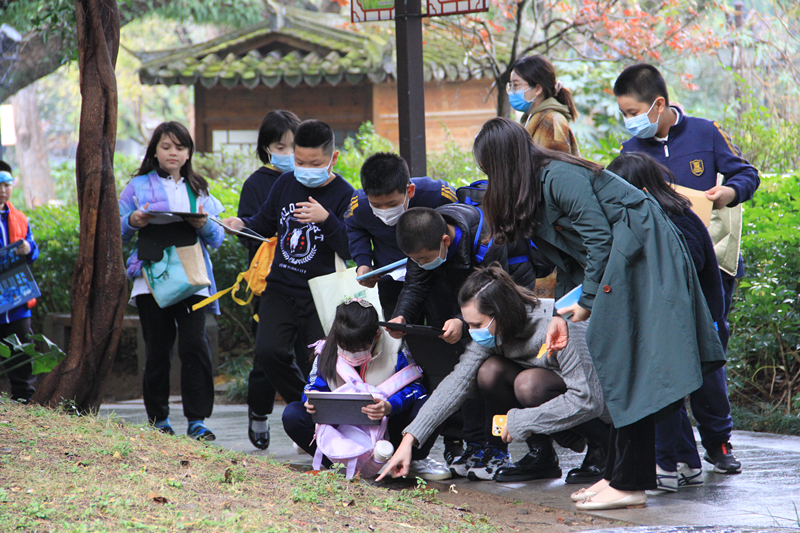
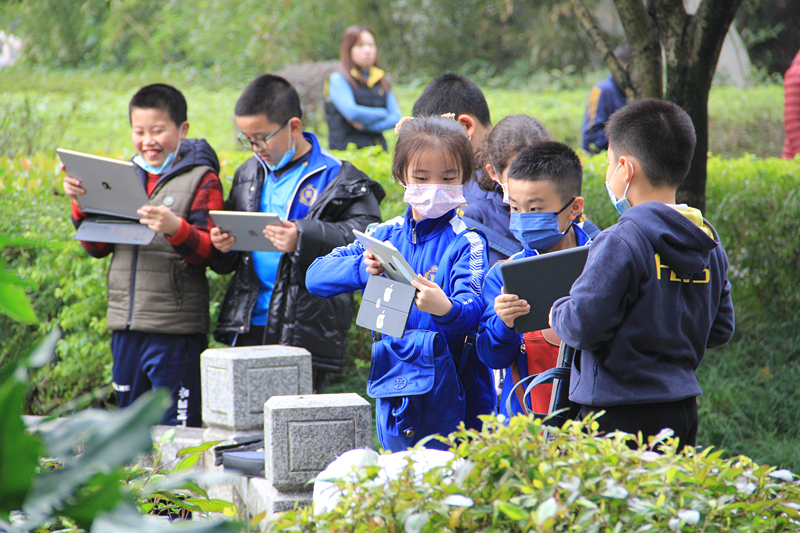
IPC课程鼓励学子基于各个妙趣横生的主题进行学习,学子会在不同主题课程中面临不同的学习任务。本学期至今,小学生们已经完成了多个单元学习:一年级小朋友研究了五花八门的玩具及其构造、历史,他们也开动脑筋亲手设计制作了想要推广给大众的玩具;二年级生学习了地理也研究了地图,确认自己在这个星球上的位置;三年级学子完成了“探险家与冒险者”的单元学习,期间他们了解了各种各样的地理发现以及其缔造者——那些极具探索精神的人们;四年级学生对地球及其世代活跃变化展开了一番调查,对这颗孕育了当世无限危机、美丽与生灵的星球有了更多认识;五年级生则对生活在这颗星球上的人们产生了浓厚兴趣,他们就人们生活的地域及文化进行了一番探究。圣诞新年假期之前,每个年级的学子都收获了不少新知识,也参与了不少与主题相关的活动。假期归来,孩子们又迎来了新单元与新主题!
IPC encourages classes to learn in a theme-based environment, where kids think about various topics while engaged in various learning tasks. So far this year, students in grade one have studied all about toys as they explored how toys work, the history of certain toys, and even made their own toys to play with. Grade two learned about geography, maps, and where they were on the globe. Grade three finished a unit called “Explorers and Adventurers” which had students learning about various geographic discoveries and the particular people who made those discoveries. Grade four studied the Earth and how the active planet has changed through the eons, creating dangers and beauty and the life we have today. Grade five studied people around the globe, focusing on the places they live and the cultures they share. Each grade learned lessons and engaged in activities about that theme for about two months before the Christmas holiday, but after the break, they all had a chance to change to new units and new themes.
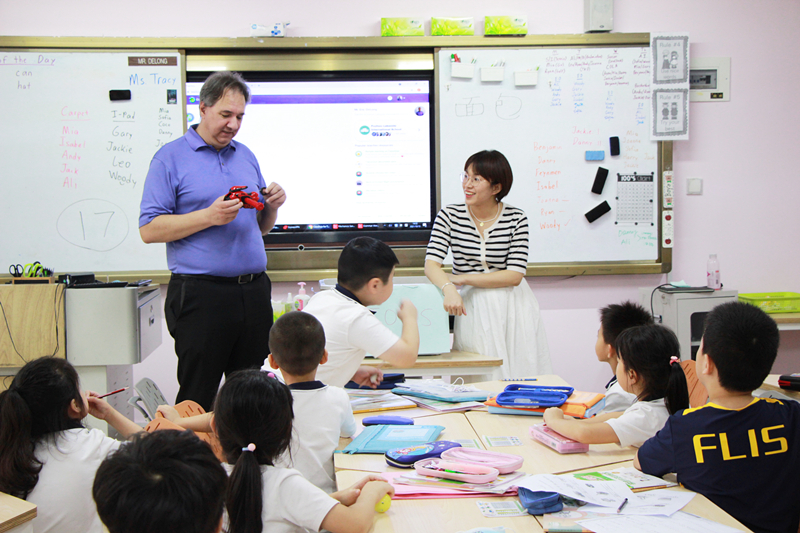
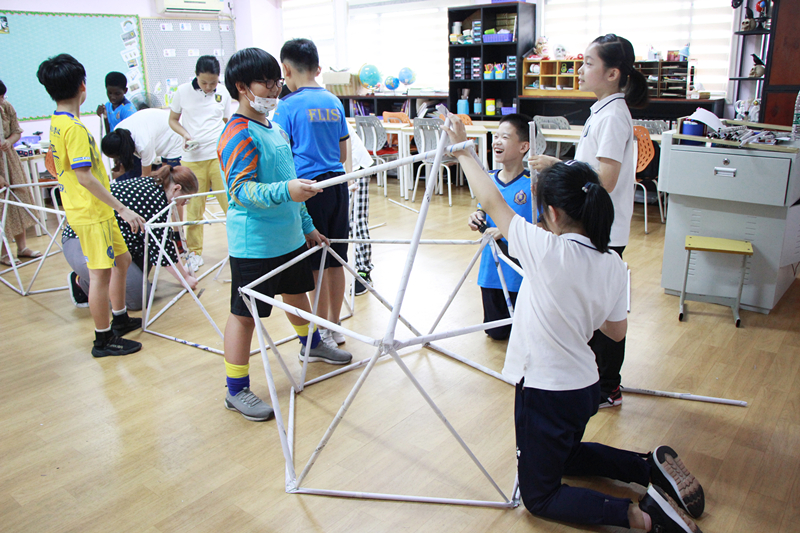
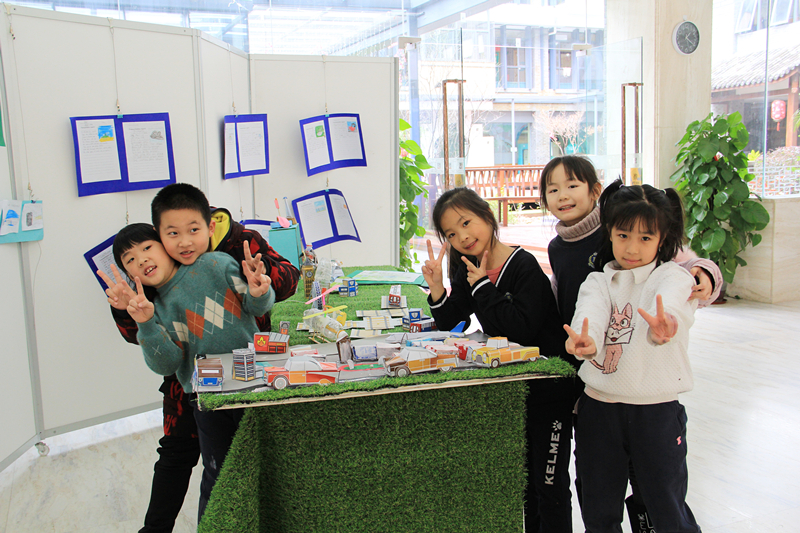
如今,FLIS小学部三个年级(二年级、三年级与五年级)都将进入同一个IPC学习单元:电力(Electricity)。在本次单元学习中,孩子们将会探索电力发明之前的世界,了解不同国家的人们如何使用电力。静电是怎么一回事?电池的原理是什么,电力有何危险?他们将一一学习。二年级学生甚至有机会亲手制作电池供电的设备!三年级与五年级将学习灯泡的历史与其他国家的发电方式。他们会研究电路、家庭电器与家庭用电,也会制作一些相关设备。如何制作电路图?暖气与电力有何关系?五年级学生将一一探索,他们还会了解汽车的一些部件与未来发电前景。
Now three grades, grades two, three, and five, will introduce new IPC units, all about the same thing: Electricity. Kids will learn about what the world was like before Electricity, and how people from different countries use electricity. They’ll study static electricity, batteries, and the dangers of electricity. Second grade will even get a chance to make their own battery-powered devices. The third and fifth grades will learn about the history of the light bulb and how electricity is produced in different countries. They'll also explore circuits, appliances, and home electricity-use, including making some devices. Fifth graders will also learn how to make electrical diagrams, about the relationship of heat and electricity, about some parts of the car and about the future of producing power.
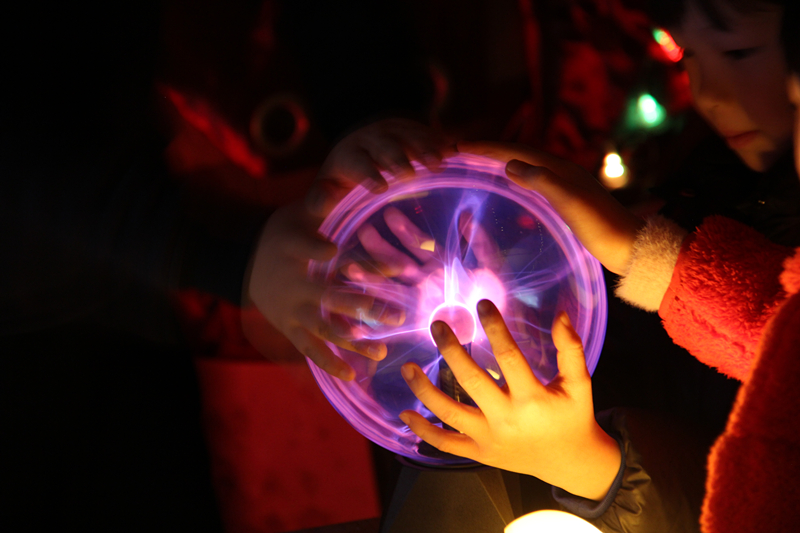
因“电”有各种各样神奇的特性,学子天然对此感兴趣。“电”以光速传播,我们可以通过化石燃料、大型水电站、核电站或可再生能源(如风能或太阳能)发电。现在,中国是世界上最大的煤炭消费国,其中大部分煤炭均被用于发电,小到智能手表大到摩天大楼都有赖电力。未来,电力的制造与消耗方式将发生巨大改变,我们的学子要在一个传统能源逐渐枯竭、同时可再生能源登上舞台的世界里工作、生活。难怪,在培养学子适应一个尚未成型的未来时,FLIS前所未有地意识到让学子理解电力、理解它在我们生活中所扮演的关键角色,有多重要。
Students are naturally interested in electricity because of its amazing properties. It travels at the speed of light and can be produced from fossil fuels, large hydro power plants, nuclear power plants, or renewables like wind or solar. Now, China is the world’s biggest consumer of coal, and a lot of that coal is being used to produce electricity to power everything from smart watches to skyscrapers. In the future, the way electricity is produced and consumed will also be changing rapidly, and our students will need to find jobs and live in a world where coal and fossil fuels are gradually phased out while renewable, clean sources of energy are introduced. It’s no wonder that, as FLIS helps to mold students for a future that hasn’t been invented yet, it’s more important than ever for students to understand electricity and the vital role it plays in our lives.
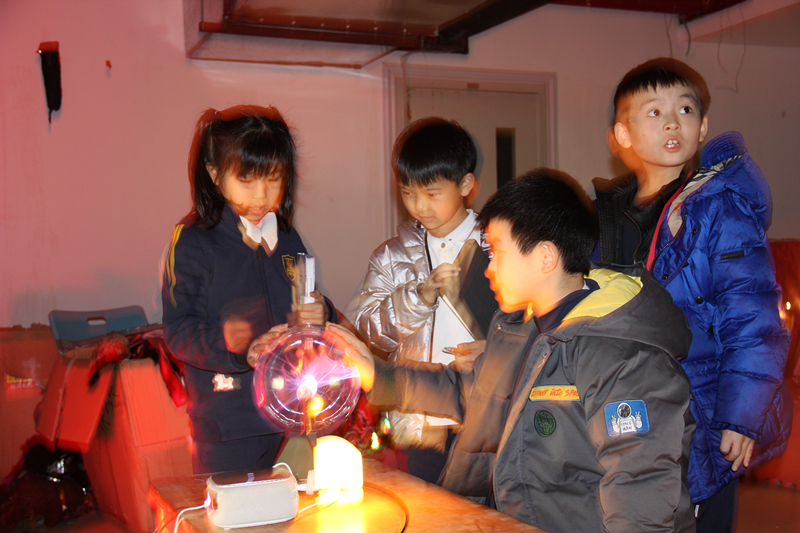
随着时代发展,我们需要越来越多的电力支持设备的运作,为了在这个千变万化的世界中茁壮成长,学子有必要对“电”这一元素有一定认知。FLIS学子也迫不及待要向大家展示我们所学到的知识!
As society continues to push forward and demand more and more power to run our devices, it’s important that students become familiar with electricity in order to live and thrive in this ever-changing world, and FLIS can’t wait to show you what we’ve all learned.








